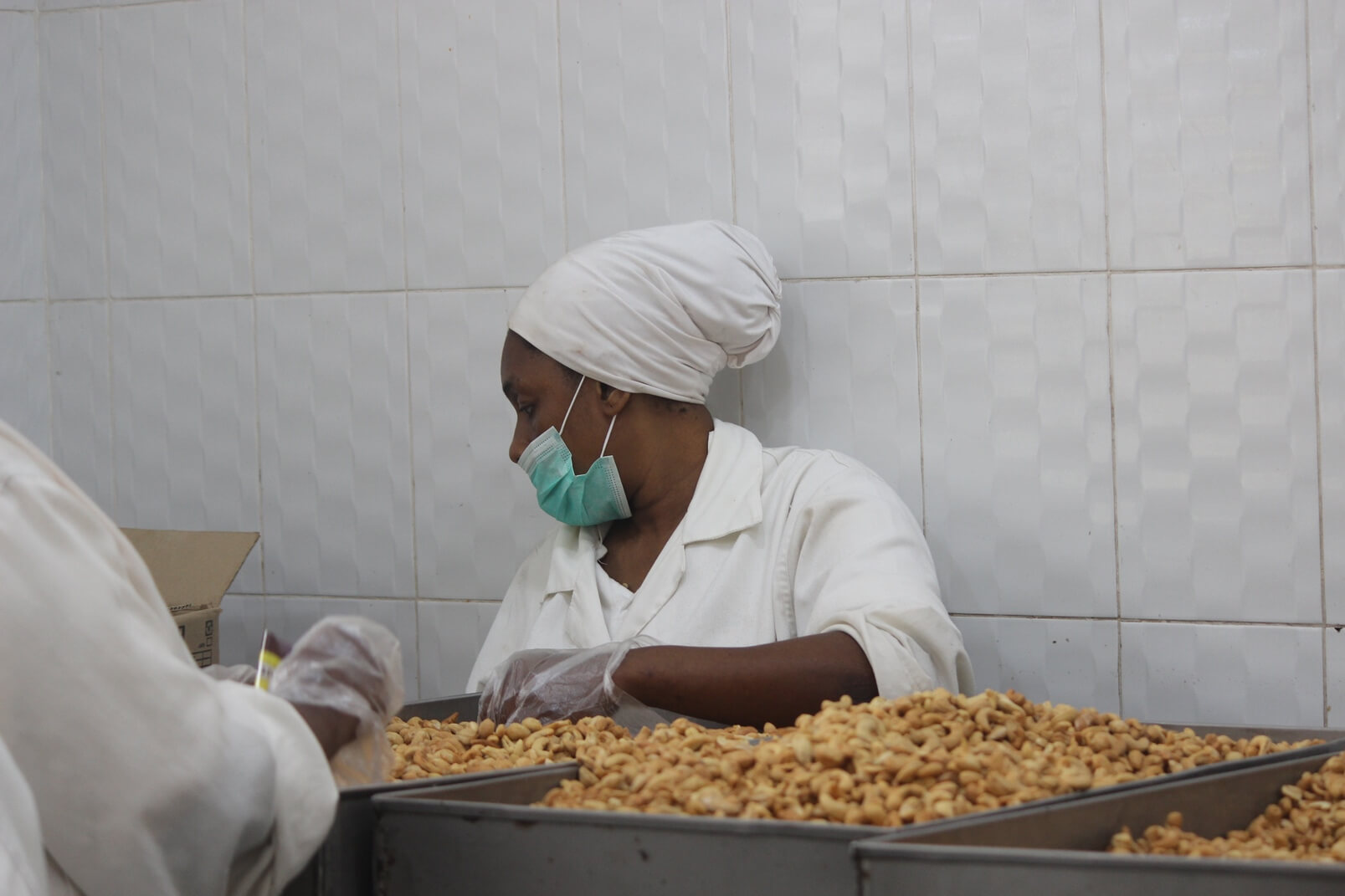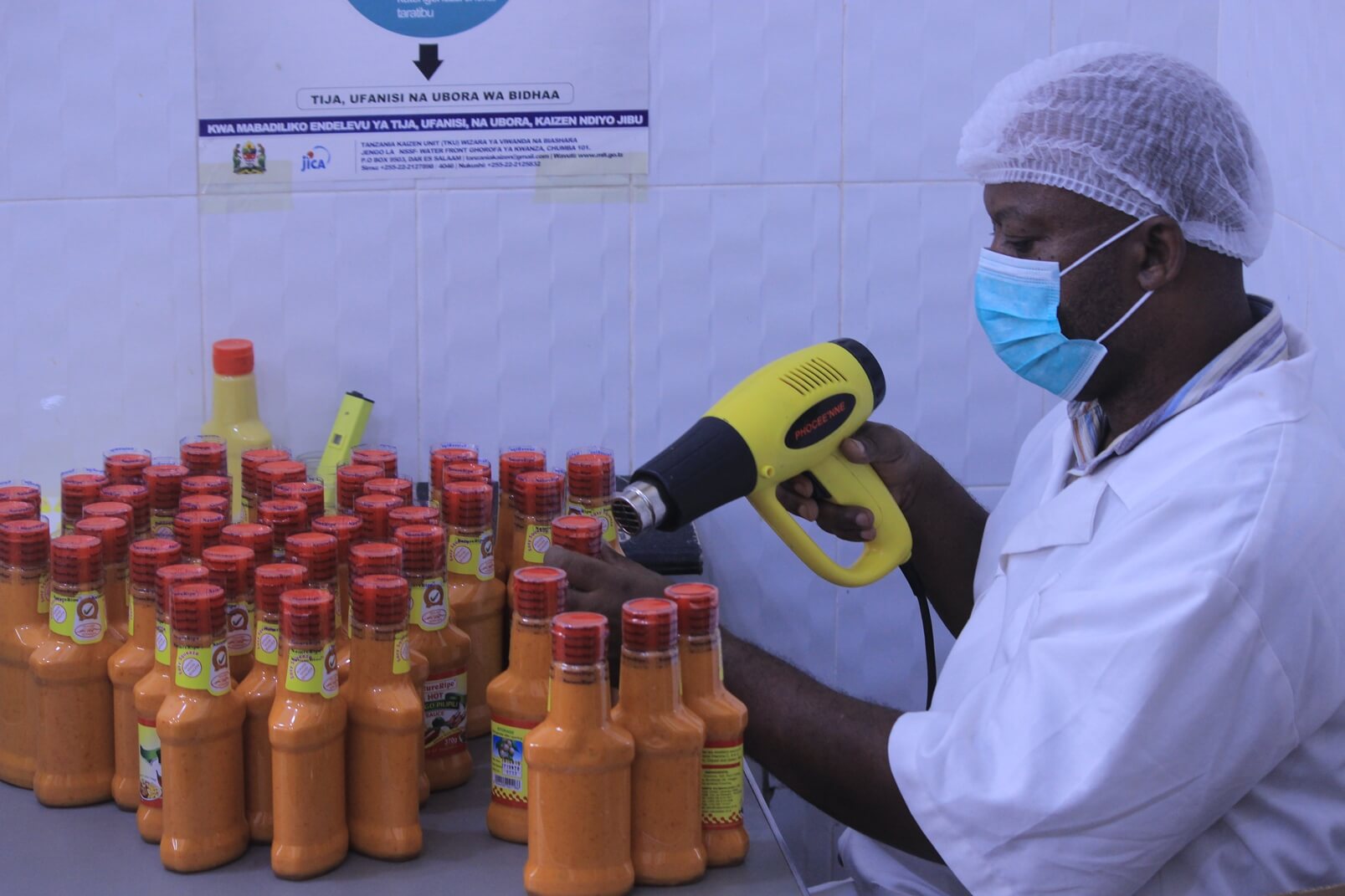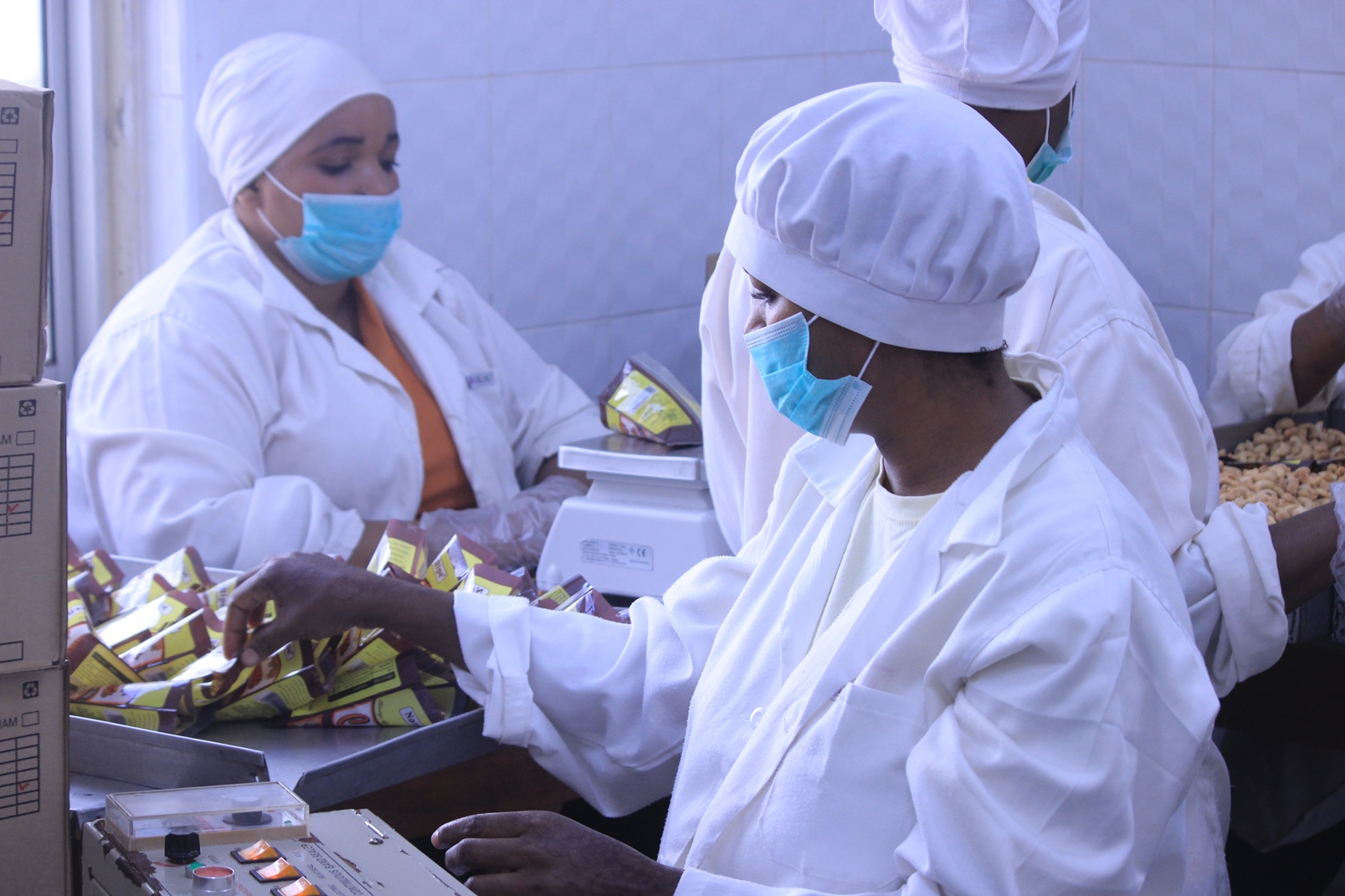“They are not TBS standards. They are the people’s standards,” Ms. Kezia Mbwambo, the Director of Quality Management at the Tanzania Bureau of Standards (TBS) begins by setting the record straight.
Ms. Mbwambo feels it is very important to address the constraint of a misguided public perception about standards and their uses.
She does not however feel it is important nor helpful to apportion blame. On behalf of the TBS Director General, she has been leading efforts at the Tanzania Bureau of Standards to make standards work better for Tanzanians with support from TradeMark Africa (TMA).

With support from TMA, the bureau is embarking on a process of improving its service delivery mechanisms to its stakeholders. Part of this improvement includes developing a training programme on standardization and quality assurance, mainly targeting micro, small and medium enterprises (MSMEs) using both paper-based and digital platforms. The bureau is also developing an Integrated Standardization, Quality assurance, Metrology and Testing (SQMT) system that will automate the key administrative processes used to offer services to its stakeholders.
For TBS, this is expected to quicken the process of certifying products and expand the base of products that have met standards. For many entrepreneurs with dreams to do well in the country, bridging the gap in knowledge of standards and making the process of obtaining certificates quicker promises to bring significant improvements in their business operations.
Nature Ripe Kilimanjaro Limited is a company dealing with processing and marketing of various fruit products for local sale and export. The company’s CEO, Ms. Fatma Riyami has led the business into considerable commercial success in Tanzania and has received several accolades for her inspiring entrepreneurial journey.
Ms. Riyami is grateful to TBS for the important role in they have played her in business, especially through their quarterly visits where they do product testing, provide directions and instructions to ensure her products are of the best quality.
However, despite having a range of products that have received TBS and TFDA certification, she still feels that if improvements are made in the certification processes, her company has the potential to introduce many more products to the Tanzanian market.
Her stability and persistence in business is not enjoyed by many MSMEs. Ms. Mbwambo explains that “when it takes too long for a product to match set standards, more resources and time would be spent in the process of doing laboratory re-runs and retesting. Some entrepreneurs give up at this stage.”
“This is why the training programme for MSMEs supported by TMA is important,” explains Ms. Mbwambo. Several modules of the training are in development, which, when complete, will also be delivered online. Ms. Mbwambo says “it is important for TBS to have an online training platform for business owners, showing them how to prepare products to meet the best quality standards. This will save a lot of the time currently being spent going back and forth to meet requirements”
Figure 1: Workers at Nature Ripe package cashews ready for the market
Ms. Riyami recalls a past incident which affirms the usefulness of having the standards easily accessible. At the time, Riyami embarked on introducing a new product using ginger, and followed all the standards as obtained in a standards document purchased at TBS. She says, “to my surprise, the product was not certified, as I was told we needed to boil the ginger to a degree where it would be safe from salmonella. This requirement was not in the standards document I bought, and when I inquired, I was informed the document had been updated to include the additional requirement.” She adds, “the only way I would have known about this new development is if the updated standards document was available online, from where I would have downloaded an updated copy.”
The Integrated SQMT systems will ensure small business owners get assistance quickly and in a timely manner, something that is done manually now, making the process slow. “It would be ideal to test a business owner’s product quickly to shorten their production process and enable them take it to the market in a timely manner. The ICT workstream in our work with TMA should help in making the process faster,” says Ms. Mbwambo.
Apart from the integrated SQMT system, TMA is also supporting the development of a National Quality Policy Framework to enhance the implementation and harmonization of standards in Tanzania, as well as a program supporting TBS to domesticate regionally harmonized standards and have their systems and service delivery processes accredited.
All these efforts are geared towards unlocking the potential of Tanzanian MSMEs to be competitive in regional markets in the short to medium term, and global markets in the longer term.

“We at TBS understand that if standard requirements are properly supervised, we will be supporting the country to industrialize faster and more sustainably. And we are targeting MSMEs because we know that for them to be competitive in the market, there is no other secret than meeting standard requirements.”
The benefits that can be accrued from increased uptake of standards can be quite significant. Taking an example of Ms. Riyami who currently employs over 50 people, both full time and part time, MSMEs have the potential to generate significant revenues to the nation, especially if they can meet the quality standards needed to export. They can also employ many people and thus reduce the country’s unemployment.















